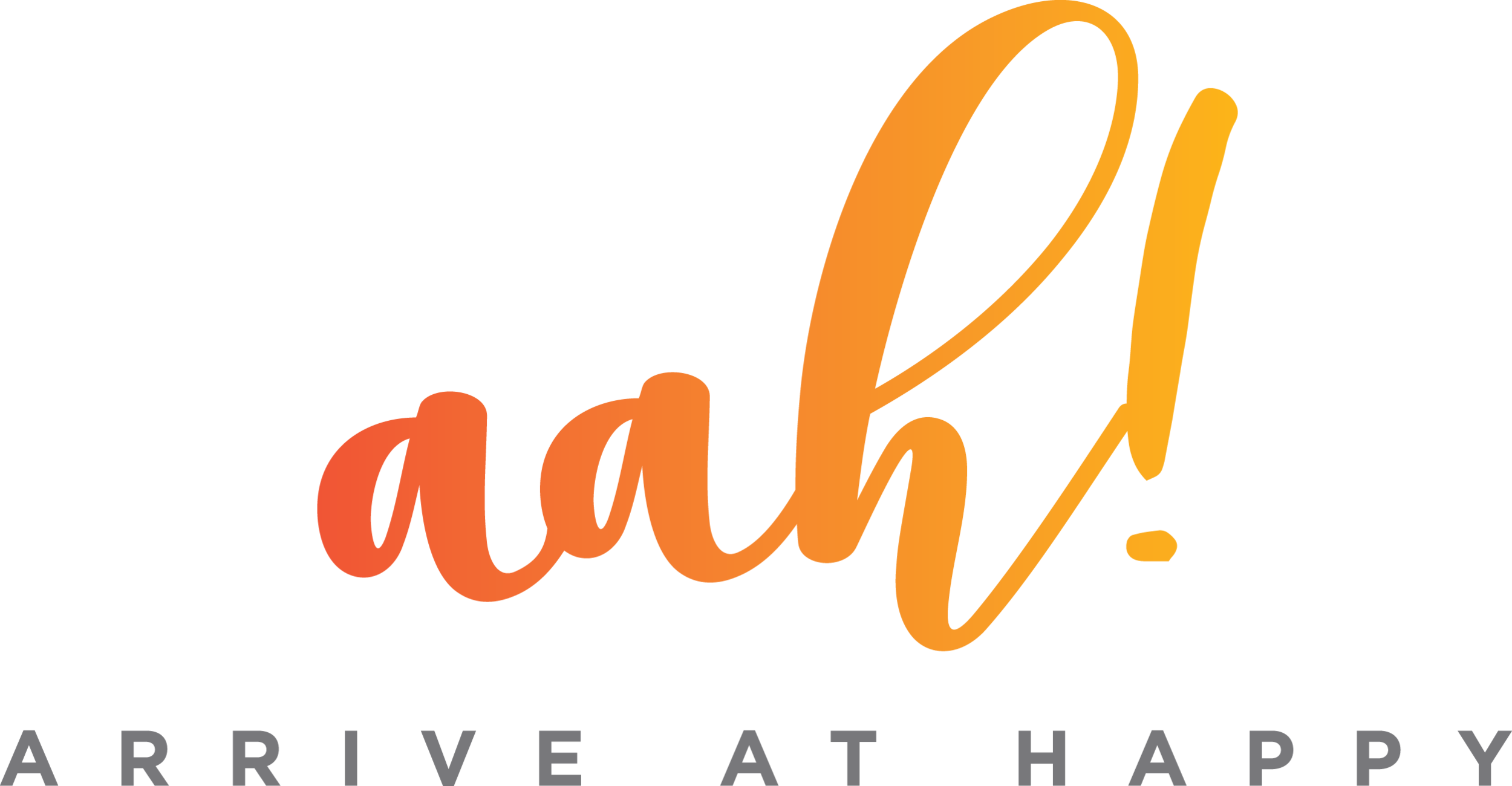What Makes People Happy at Work?
I just returned from spending a week in Copenhagen, Denmark, and am a certified Chief Happiness Officer! Arrive At Happy is a new partner of Woohoo Inc. – Happiness At Work, a leading happiness organization that has been around for sixteen years. We all spend a tremendous amount of time working and at work and we deserve to be happy!
The majority of people have been happy at work in Denmark for the past 40-50 years. The word, Arbejdsgldede, means “Work Happiness” in Danish and there are similar words in other Scandinavian countries. We do not have an equivalent English word as you know! I was so intrigued to learn about happiness at work and am excited to share some of the key learnings with you. I think this information is useful if you are a CEO, leader, manager, and employee. We can all become happier at work. What do you think makes people happy at work?
Most people around the globe answer this question with money, bonuses, titles, and perks. Perks such as food & beverage in the office, games/activities in the office, employee discounts, and gifts. Almost everything thinks the key to happiness at work is MORE money. This is usually what companies spend money on to try to make their employees happy. Bonuses and perks need to be fair in the company and for the industry, but relate to job satisfaction vs. employee happiness.
What really makes people happy at work is Results & Relationships. I will explain both briefly below.
Results: This is the feeling that you are doing well in your job. You know you are making a difference for someone or something, and you understand the meaning of your work. You have autonomy to do your work (no one likes being micro-managed), you understand why your work matters and you see the bigger picture, and you receive consistent, authentic praise and recognition. This does not mean that your boss does not give you constructive feedback when needed, but the positive must outweigh the constructive feedback.
Relationships: There is a tremendous amount of research that supports the power of healthy, positive relationships in the workplace. This is the feeling of “I belong.” Relationships are created and strengthen in the daily actions and activities of your leaders and coworkers. The small gestures add up such as a genuine, “Good morning, how was your weekend?” to a high-five when you tell your coworker that your child won his/her sports competition. Other examples include starting meetings with positive results of the team or having regular team building activities.
There was a 20-year Israeli study of 800 people and those with low social/bad relationships had a 240% higher risk of heart failure! Bad relationships at work are extremely bad for you physical health.
This was a brief introduction to happiness at work and I look forward to sharing more in the future!
